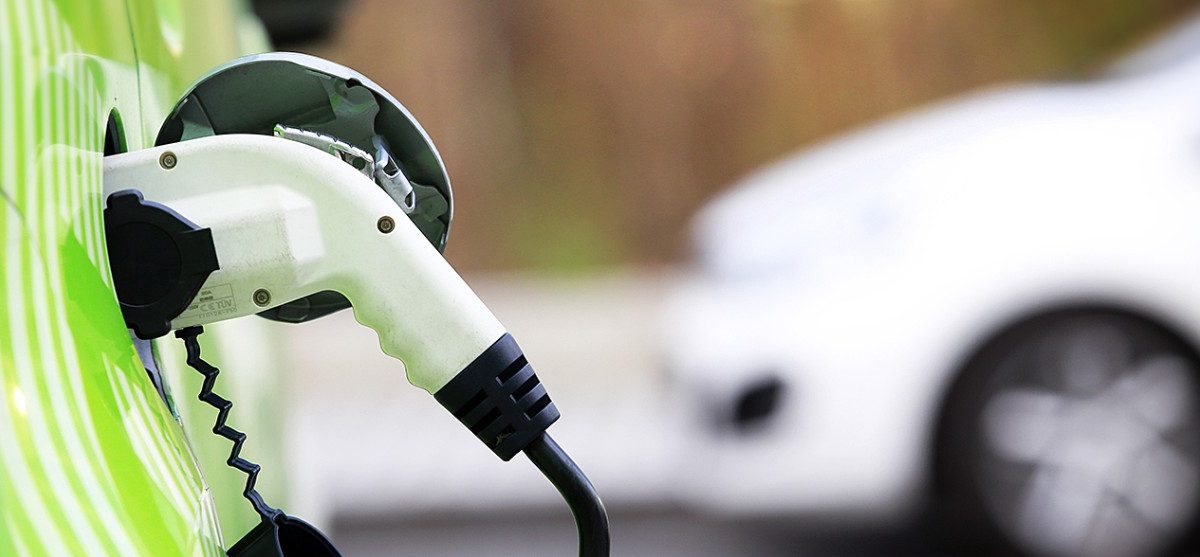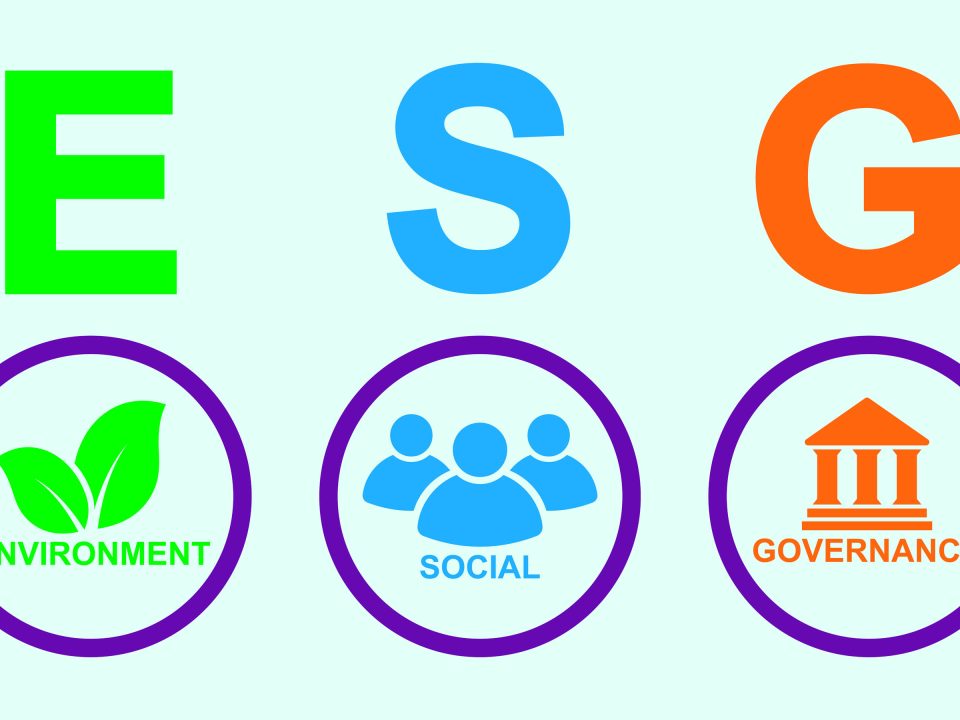
Financing Innovative Green Technology for a Climate-Neutral World
November 18, 2022
Funding Biomass Energy Projects In Africa
December 19, 2022The transport sector accounts for about 25 percent (25%) of global energy-related greenhouse emissions (GHG) and is a major factor in air pollution also. Indirect GHG is emitted during road construction, manufacturing of vehicles, and fuel delivery. In the current era of climate mitigation and adaptation measures in curbing the climate change crisis, transition to e-mobility and its related infrastructure to ensure energy efficiency and sustainability has become imperative.
The World Health Organization (WHO) estimates that more than 80 percent (80%) of urban dwellers are exposed to low-quality air due to the use of fossil fuel to heat and cool buildings, and power vehicles. As global fleet vehicles are set to double by 2050, there is a need for developing countries to transition to zero emissions electric mobility to ensure a cleaner environment to meet the SDG targets. A cleaner transport sector includes sustainable cities with improved walking and cycling facilities, better public transportation infrastructure, and clean fuel usage.
The introduction of on-road fleets such as electric vehicles (EV), and motorcycles have become critical in meeting the targets of the Paris Climate Agreement and reducing air pollution. The strategy for e-mobility is to reduce the dependency on petroleum and boost energy security based on renewable energy. The United Nations Environmental Programme (UNEP) has collaborated with international organizations such as International Energy Agency (IEA) and Global Investment Facility (GFF) to support electric mobility in developing countries by providing technical support and training and establishing platforms to mobilize financing and connect developing countries to e-mobility suppliers and financers.
The adaptation of e-mobility in sub-Saharan Africa is still a challenge due to low electricity access, reliability, and affordability, even though there is a huge, varied, and geographically distributed renewable energy resource. Moreover, countries in the sub-region may not have the financial prowess to establish e-mobility infrastructures and would need financial support from major financiers like GIZ, World Bank, and International Climate Funds. The World Bank has funded several sustainable Green e-mobility solutions to improve the transportation sector in Nigeria. Despite the financing challenges, a number of sub-Saharan countries have made significant progress in improving the transportation sector by enforcing vehicle standards and regulations such as the Climate Change Act in Kenya and Rwanda tax exemptions on electric vehicles and setting targets for the electrification of the sector.
In Ghana, the government plans to implement sustainable mass transit solutions and transform the transportation sector by improving mass public transportation, the efficiency of vehicles, and promoting e-mobility such as electric vehicles. to deal with urbanization, poor air quality, and climate change crisis, with a focus on meeting the 15 percent (15%) CO2 reduction by 2030. The Energy Commission has launched the Drive Electric Initiative (DEI) to promote electric vehicles, create demand, and drive the productive utilization of excess electricity in the system.
The advantages of the transition to e-mobility include; being environmentally friendly, as they do not emit pollutants, lower maintenance due to an efficient electric motor system, and being economical in the wake of instability in the prices of fuel.
The future is e-mobility, and the continent as a whole must take advantage of sustainable growth. To ensure cleaner and more efficient transport infrastructure in the sub-region, governments must develop and adopt legal frameworks and policies that support the e-mobility agenda. Also, e-mobility has the potential to promote economic growth and job creation, and as such governments should have strategic collaboration with Development Partners to finance e-mobility infrastructure and support local businesses in the e-mobility value chain with technical assistance, capacity-building programs, and public awareness initiatives.




